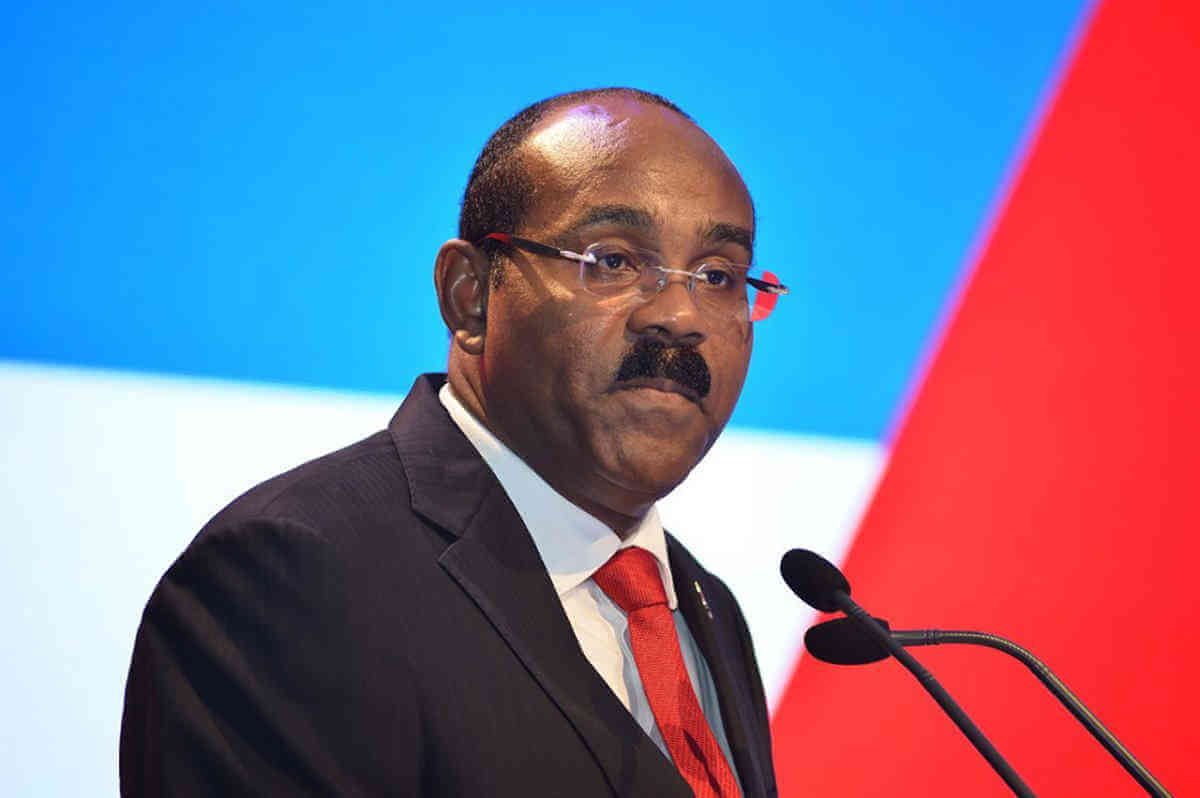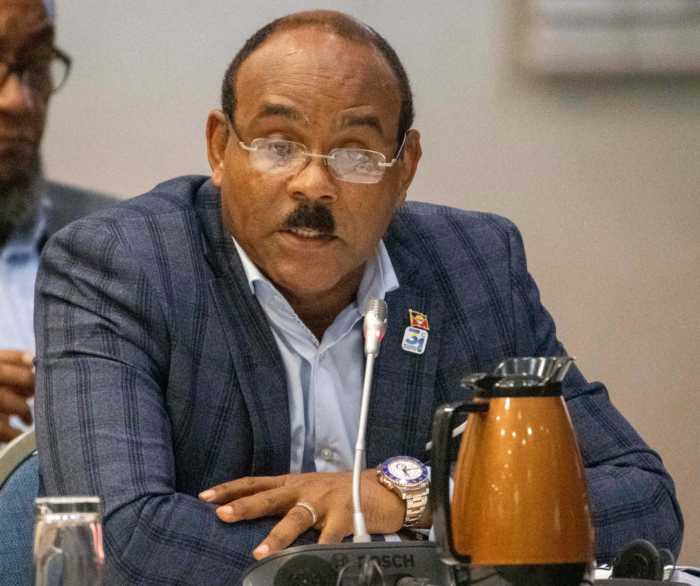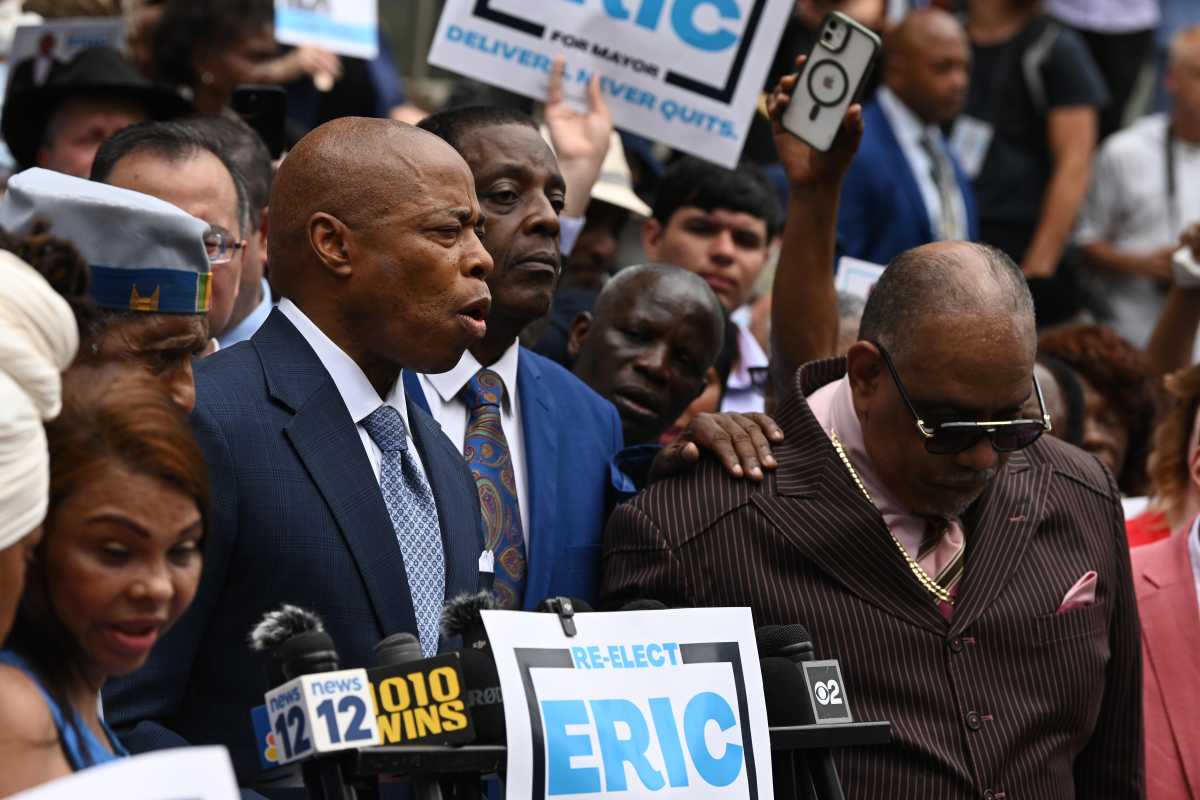There was little prior notice of a virtual emergency meeting of Caribbean Community leaders on Monday of this week to discuss the worsening COVID-19 pandemic situation in the bloc and from all appearances the leaders are about to press the panic button as a relates to the refusal of hundreds of thousands to be vaccinated as well as the low rate of immunization in several member states among other key issues.
In nearly every CARICOM state, governments are under pressure to persuade large population blocs, in some cases the younger social media savvy types in particular, to take the jab even as statistics show that more than 95 percent of all the deaths at hospitals and at homes are linked to people who did not bother to be vaccinated.
Just this week, Trinidad-born international entertainment superstar Nicki Minaj was linked to a simmering global quarrel about a relative being rendered matrimonially useless because of complications from the vaccine. Her tweet sparked quick reaction from people like Dr. Anthony Fauci and British Prime Minister, Boris Johnson among others.
“My cousin in Trinidad won’t get the vaccine because his friend got it and became impotent. His testicles became swollen. His friend was weeks away from getting married, now the girl called off the wedding. So just pray on it and make sure you’re comfortable with your decision, not bullied,” she wrote.
The tweet came out around the same time regional leaders issued their statement on Monday’s meeting expressing “dismay at the rate of vaccination in the community and the significant incidence of vaccine hesitancy. As of Sept. 3, according to the Caribbean Public Health Agency (CARPHA), vaccine coverage in the community ranged from 58.7 percent in Bermuda to 0.1 percent in Haiti. The heads of government noted that no country was close to herd immunity and that the increased incidence of mutations and variants made it imperative for there to be a greater improvement in the rates of vaccination.”
The leaders also begged the Biden Administration in Washington to deliver the next batch of Pfizer vaccines ahead of the planned deadline as they “conveyed the gravity of the situation.” British officials were, like their US counterparts, asked to assist the region in acquiring field hospitals and accompanying equipment to ease the strain on the regional health system and to review re-entry rules for tourists who visit the Caribbean at this time as problems have arisen in this regard.
The US last month shipped nearly 600,000 Pfizer doses to the bloc as part of a planned donation of 5.5 million doses in the coming months. Leaders now hope a second batch can arrive quickly.
Additionally, the heads say they will share, as they have already done recently, any excess vaccines in the system among nations as well as personal protective equipment and test kits, while planning to approach the international COVAX sharing facility to allow for vaccine reallocation among those in need.
Latest statistics indicate that there have been about 1,400 deaths in the 15-nation bloc so far between July and mid-September in addition to 100,000 new confirmed cases. “Since the outbreak in March 2020, the region has seen more than 300,000 confirmed cases with more than 6,700 deaths. The percentage of deaths was exceedingly high among unvaccinated people with less than one percent of deaths recorded by persons who were vaccinated,” the heads pointed out.
In many countries, schools remain closed as authorities fear that face to face learning might add to spikes in numbers while nighttime and weekend curfews abound among member states. In The Bahamas, which holds general elections this week, there are real fears that people congestion during the campaign will hike positive numbers and further overwhelm an already overburdened health system, officials said.
























